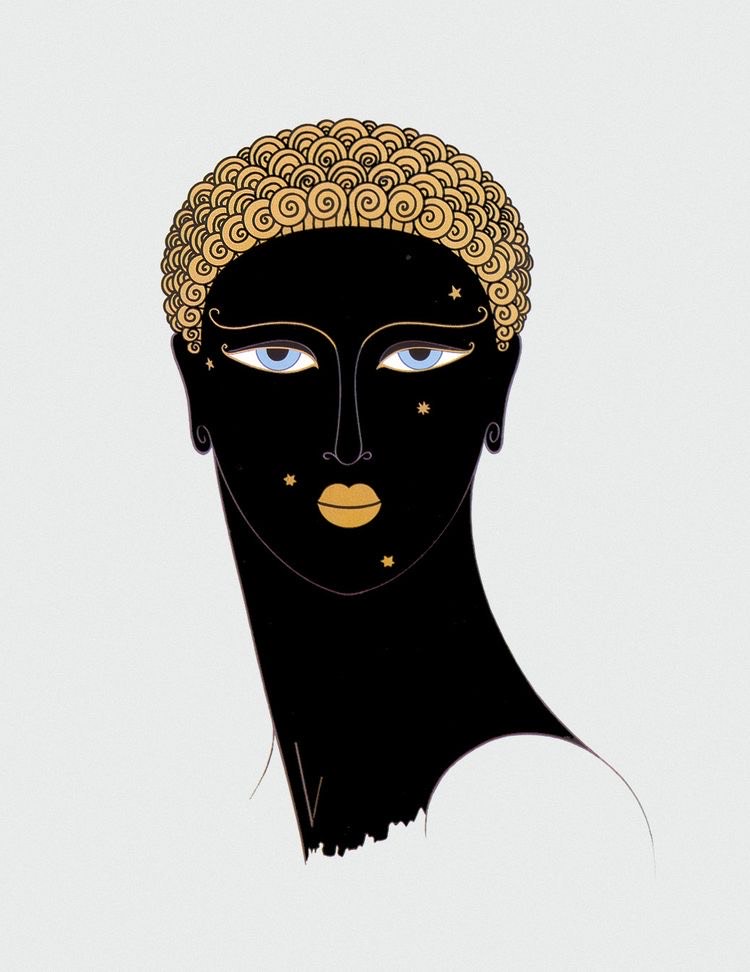For centuries, femininity has been associated with inferiority. It has been vilified as wild, demonic and something that needs to be tamed. For this reason, more and more women are finding it degrading and embarrassing to express their femininity. However, when we look into the stories of the women in the Qur’an and how Allah described their femininity in praiseworthy terms, one will be quick to realise that the narrative surrounding femininity is not only unfounded but is also a calculated attempt to dehumanise women. One of the women highly spoken about in the Qur’an is Hannah; the uncelebrated wife of Imran and the mother of Maryam. Her story in particular will help us to appreciate womanhood and put a stop to that gnawing feeling that makes us question our worth as women.
Hannah was known to be a very pious woman who had no child of her own despite reaching old age. She never lost hope in Allah and patiently remained firm in faith and worship. In his tafsir, Ibn Kathir relayed that on a particular day, Hannah watched in awe as a bird fed and took care of its chicks and this motivated her to further intensify her du’a, trusting that Allah, the All-powerful would grant her a child of her own even at old age.
Following a long period of infertility and numerous pleas for a child, God finally granted her prayers at an advanced stage in her life. Overwhelmed by feelings of excitement and gratitude, Hannah decided to dedicate the child in her womb to the service and love of God, hoping that Allah would grant her a male child, as it was a popular belief that only a male child could be dedicated to the service of God. According to the traditions of the time, children were dedicated from birth to the service of the temple, but these children could only be male, due to certain perceptions attributed to women, such as the notion that women’s menstruation was a source of impurity which automatically prevented them from taking active parts in sacred domains. So in order to concretise her dedication, Hannah believed that her baby had to be a boy. But how great was her surprise when she delivered her baby and found out it was a girl! How could a girl fulfil this role which was reserved only for honourable men? How could she navigate a space which was the exclusive privilege of the male gender? She was sad and disappointed!
But when she gave birth, she said: “My Lord! I have given birth to a girl” – God knew best what she had given birth to; the male is not like the female – “I name her Mary, and I commend her and her offspring to your protection from the rejected shaytan
Noble Qur’an 3:36, Translation by M.A.S Abdel Haleem
Hidden behind her layers of disappointment was a sense of rebellion which was expressed when she made her complaint to God: “My Lord! I have given birth to a girl“. The emotions evoked were those of sadness and confusion. She knew that the environment in which she lived did not value the female child as much as the male, practically forbidding women from having access to the sacred realm. Deep inside her, she wanted to trust in God, that in spite of having a female child, her wish for her child to be dedicated to the service of God could still materialise, So she asks God to protect and preserve her child: “I name her Mary, and I commend her and her offspring to your protection .” In the language of the time, the name Mary (Maryam in Arabic) signified “the one devoted to God.” In the Qur’an, in response to Maryam’s complaint, the verse “God knew best what she had given birth to; the male is not like the female” was an affirmation that the daughter which he had given her was better than the boy that she had anticipated. It was also a declaration that contrary to the tradition of the time, a child’s gender does not stand in the way of their spiritual or worldly ambitions
“Her Lord graciously accepted her and made her grow in goodness, and entrusted her to the charge of Zachariah.”
Noble Qur’an 3:37, Translation by M.A.S. Abdel Haleem
Hannah’s courage, faith and perseverance paved the way for the esteemed status that Allah granted her daughter, Maryam, whose life remains an inspiration for us all. The end result of Hannah’s du’a proves to us that every woman can reach the highest level of perfection, not only in worship but in every other endeavour.
It is important to highlight that a number of Muslim thinkers have extracted the verse “The male is not like the female” out of its historical context and given it another meaning outside of what the Qur’an intends. A verse that was revealed to address the gender prejudice prevalent in the tradition of the time has been misinterpreted to reinforce the widespread erroneous proclamation of male superiority, claiming that this verse is a divine affirmation that men are superior to women. How possible was it that after Hannah cried in disappointment, owing to the perceived inferiority of her child, God responded by reinforcing the idea that by virtue of her gender, her child was indeed inferior? This appears to be a deliberate distortion of meaning to pander to misogynistic narratives.
Based on this incorrect belief in “male superiority” which has grown into ‘Islamic’ norms passed down from generation to generation, women have been prevented from taking up central roles in their communities and deprived of taking extra steps to benefit the world simply because it is notoriously believed that it is men’s birth-right to do so. Many women have been told that it is impossible for them to be good Muslim women if they sought to be anything other than being wives and mothers.
The repercussion of these toxic beliefs is an ever-rising vicious cycle of mediocrity within the Ummah. Hannah’s story is an inspiration for Muslim women. It doesn’t matter what the entire world thinks. With Allah, every woman has a purpose. There is divine wisdom behind our womanhood.
We can learn from the story of Hannah that women’s present and future roles can be just as diverse as those of their male counterparts. If a woman is capable of various accomplishments, then why should she be held back? We shouldn’t be constrained by the opinions of our community or society in general. We need to purge ourselves of any conscious or subconscious gender bias or inferiority. This is the time to be more proactive; to prove that we can live our lives to our highest potentials.
- The Qur’an: A New Translation by M.A.S. Abdel-Haleem
- Ibn Kathir, Tafsir
- Fi Zilal Al Qur’an, Volume 2, Surah 3 by Sayyid Qutb
- Women in the Qur’an: An Emancipatory Reading by Asma Lamrabet




